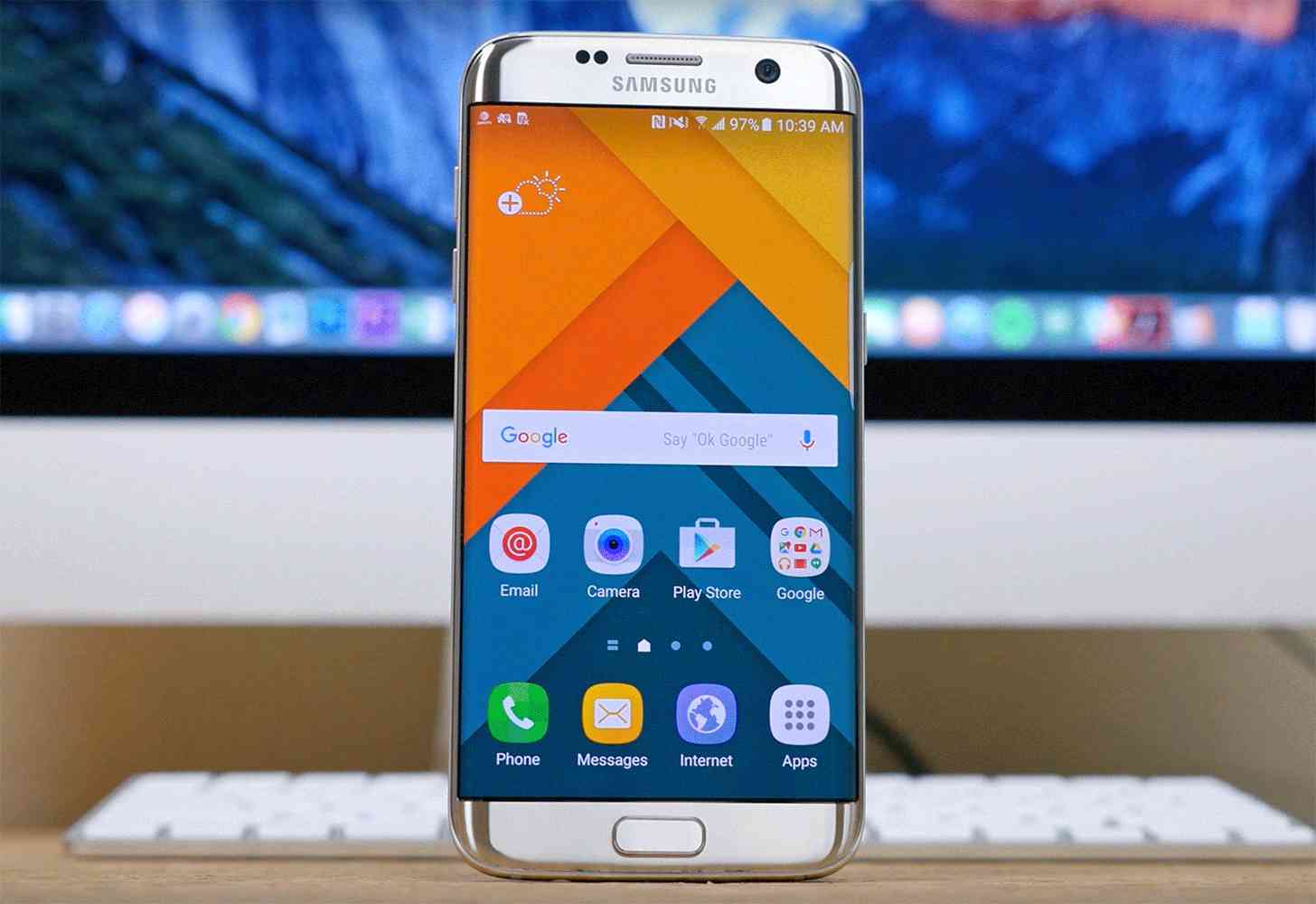
Lately we seem to be getting a steady stream of leaks revealing info about upcoming Android flagships, and today that continues with a new report on the Samsung Galaxy S8.
A new report says that the Galaxy S8 will be available in two sizes with screens that range between five and six inches in size. These two devices are codenamed Dream and Dream 2, say sources speaking to The Guardian, with the Dream being the smaller model and Dream 2 being the larger one.
While the phones are expected to have different screen sizes, it’s said that they’ll both have curved “edge” displays. These displays are referred to as “infinity displays” because they’ve got such slim bezels. The sources say that there’s not enough even bezel room to place any branding on the front of the phone.
The camera on the Galaxy S8 phones will allegedly be a dual pixel camera like the one found on the Galaxy S7, with “incremental improvements” to image quality, speed, and low light performance as well as built-in object recognition.

Other alleged spec features of the Galaxy S8 phones include 64GB of built-in storage, a microSD card slot, USB Type-C, a “new processor”, a 3.5mm headphone jack, and an iris scanner. Also rumored to be included is a fingerprint reader, but because the front of the phone is expected to be all screen, the GS8 is expected to have a rear-mounted fingerprint reader.
Today’s report also says that the Galaxy S8 will have an AI assistant, which previous leaks have mentioned, as well as a dock accessory called DeX that’ll turn the Galaxy S8 into a sort of Android desktop computer. The DeX will reportedly be similar to Microsoft’s Continuum feature on Windows 10 Mobile phones, letting you connect your GS8 to a monitor and keyboard.
While Samsung hasn’t made any official announcements about the Galaxy S8, many of the details in today’s report would make sense for the device. Those include both phones having curved displays, an iris scanner, microSD, USB Type-C, a new processor (likely a Snapdragon 835), and two screen sizes.
Perhaps the most interesting detail of today’s report is this DeX accessory. We’ve seen some manufacturers try to let you turn your phone into a computer before, like Motorola did with the Atrix and its lapdocks, but those never really caught on. While Android isn’t going to replace Windows or Mac OS as a primary desktop operating system, this DeX feature could work in a pinch. We’ll just have to wait until the Galaxy S8’s launch to see how it works.
The Galaxy S8 is currently rumored to launch in April.